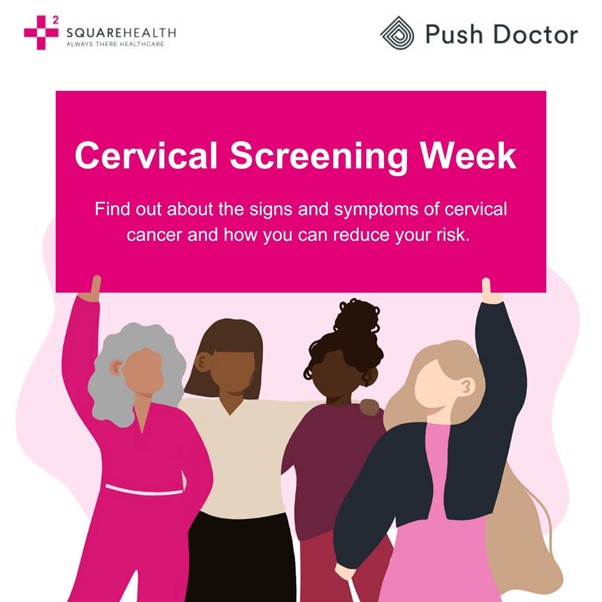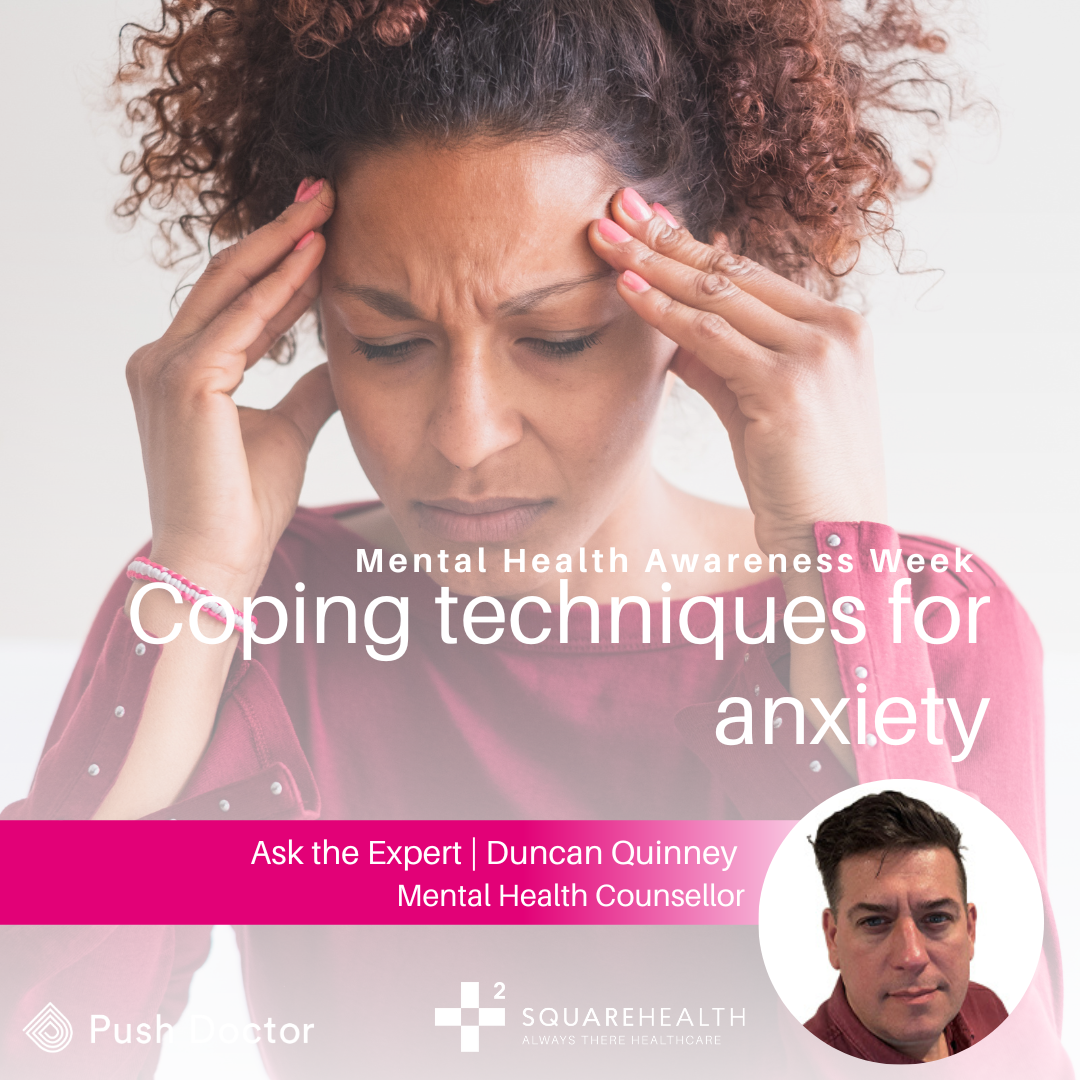By Push Doctor
Men’s mental health – you’re not alone, it’s OK to ask for help
Men’s mental health – you’re not alone, it’s OK to ask for help
Mixed anxiety and depression are Britain’s most common mental disorders, with 4-10% of people in England experiencing depression in their lifetime. Poor mental health is the main challenge of our time which has been compounded by the effects of the pandemic increasing our feelings of isolation and loneliness. The World Health Organisation (WHO) reported that in the first year of the Covid-19 pandemic, global prevalence of anxiety and depression increased by a massive 25%.
Mental health stigma has typically been a huge barrier as to why men have not traditionally seeked help, not wanting to be deemed weak or incompetent, feeling ashamed and embarrassed that they need support with their mental health. The pandemic has made it more acceptable to be open about mental health struggles and that you do not have to suffer in silence.
Male celebrities helping to normalise mental health issues
With the effects of the pandemic accelerating mental health issues, male celebrities have opened the dialogue on how they suffer from depression, helping to normalise it and make it more acceptable for men to know that it’s OK if life is becoming too much.
A-list actors such as Wolverine star, Hugh Jackman, recently spoke about suffering with his mental health during the filming of his new movie, ‘The Son’ stating that he was a ‘hot mess’ and how after not working through Covid lockdowns, returning to acting caused him anxiety. Other male celebrities such as Dwayne ‘’The Rock’’ Johnson, Ryan Reynolds, Brad Pitt to UK grime artist, Stormzy and Olly Murs, are breaking down the societal barriers of men talking about their mental health struggles. Their openness in discussing their mental health is helping to normalise it and keeps the conservation going that men don’t have to be tough and strong all the time – you’re only human and it’s OK to admit you need help.
There is still a lot of work to do
However, UK statistics on men’s mental health make for worrying reading and much work still needs to be done to encourage men to seek help.
- Three times as many men as women die by suicide - suicide is the biggest cause of death in men under the age of 50
- Men aged 40-49 have the highest suicide rates in the UK
- 73% of adults who go ‘missing’ are men
- Men are three times more likely than women to become alcohol dependent
- Men are more likely to use (and die from) illegal drugs
Although mental health problems can affect anyone, regardless of age, gender, race or social background, society has historically made it easier for women to talk and express their feelings then it has for men. This is in part due to traditional gender roles and society’s expectations of men and the associated stigma or discrimination men might feel if they decide to seek help .
What are the typical causes of depression and anxiety in men?
The causes of mental health issues can be complicated and there may be more than one cause. Certain ‘life event’ triggers can start the feelings of being overwhelmed, anxious and not in control of events in your life. Some of the more typical ‘triggers’ for men cover these situations:
- Feeling nervous or worried for a prolonged period
- Feeling sad or down often, emotionally flat
- Mood swings (highs and lows) feeling restless or on edge
- Tiredness and trouble sleeping
- Lack of interest in things you used to enjoy
- Feeling overwhelmed with stress
- Major changes in eating habits
- Sleeping too much or too little
- Changes in sex drive
- Having aches, pains or other physical symptoms without a clear cause
- High consumption of alcohol, inappropriate use of drugs
- Withdrawal from loved ones
- Unexplained rage or anger
- Obsessive or compulsive thoughts or behaviours
- Thinking about suicide
What should you do if you’re worried about your mental health?
Recognising that you may need to seek help if you are experiencing any of these symptoms and treating any mental health issues in the early stages can often prevent the symptoms from becoming more severe and lower the risk of complications.
Reaching out and talking to someone you trust is the first step in the right direction in getting the care and support you need. You should also contact your GP who can discuss how you are feeling and then they can help advise on the best ‘next steps’ for you. There are many treatments for depression and by talking to your GP they can help signpost you to the right support and treatments, for example, talking therapies, referring you to a mental health specialist, such as a psychiatrist, counselling, local support options or medication.
Depression is individual experience and just remember you are not alone, there is a range of support available to you.
Mental health resources for men
The websites listed below are a great source of information, with many of them tailored specifically to men and their particular issues.
- ManHealth
- ManUp? (mental health charity)
- Mental Health Foundation
- Heads Together (works to reduce the stigma around men’s mental health)
- Movember (looking at mental health through a male lens)
- The Samaritans
Most popular
Related articles

Cervical Screening Week

Coping techniques for Anxiety
